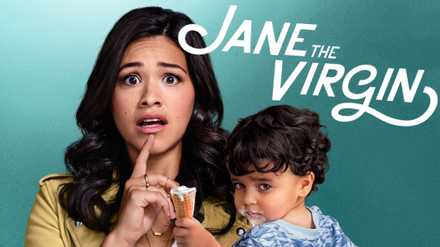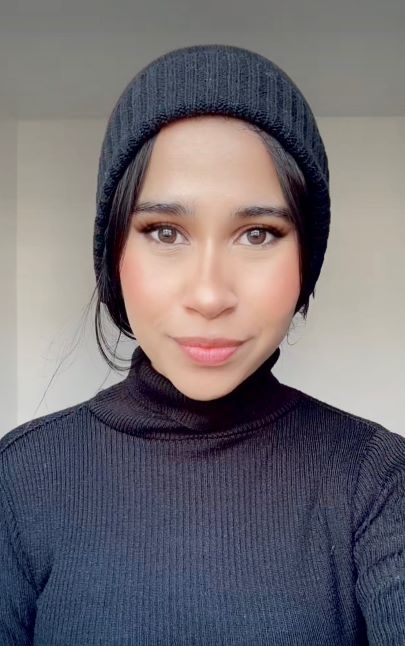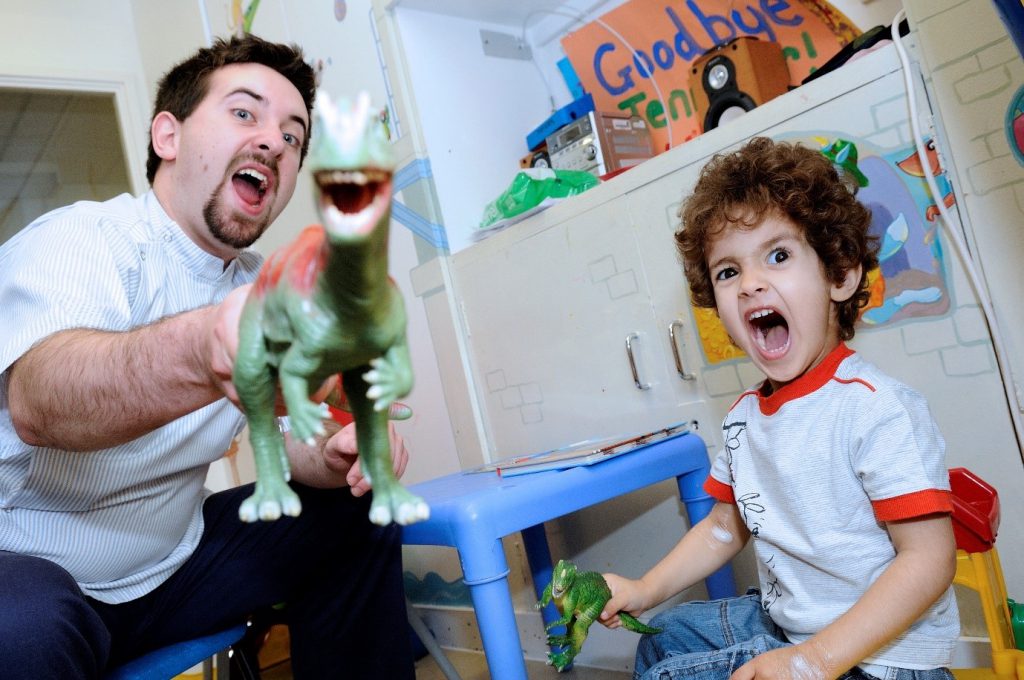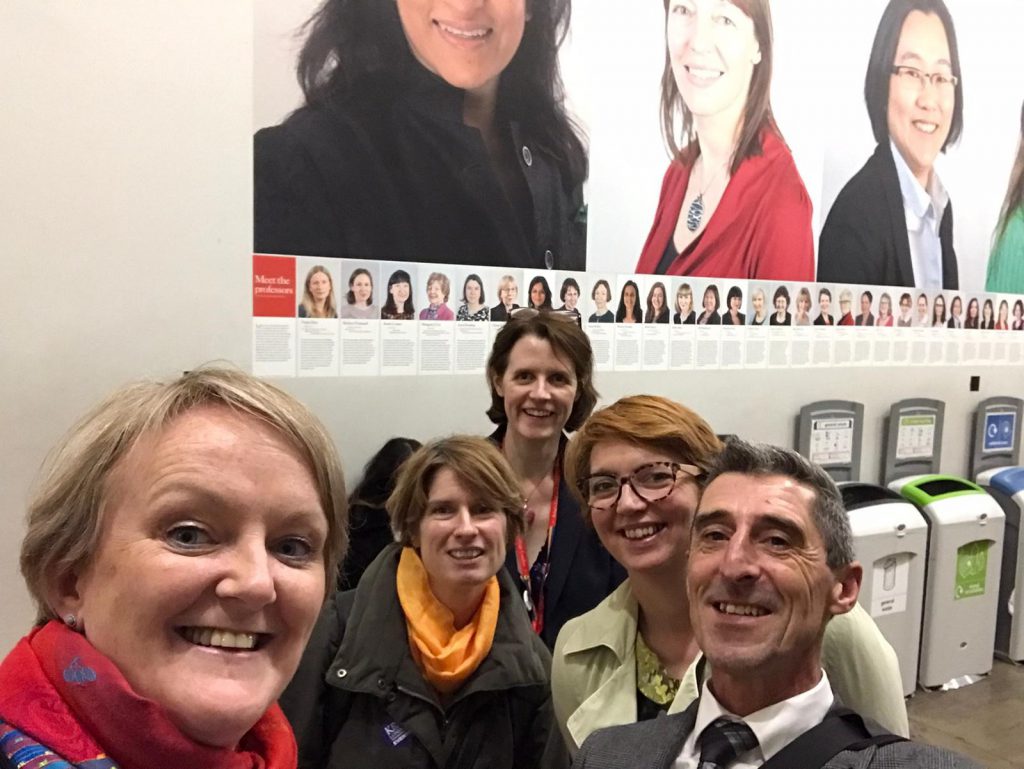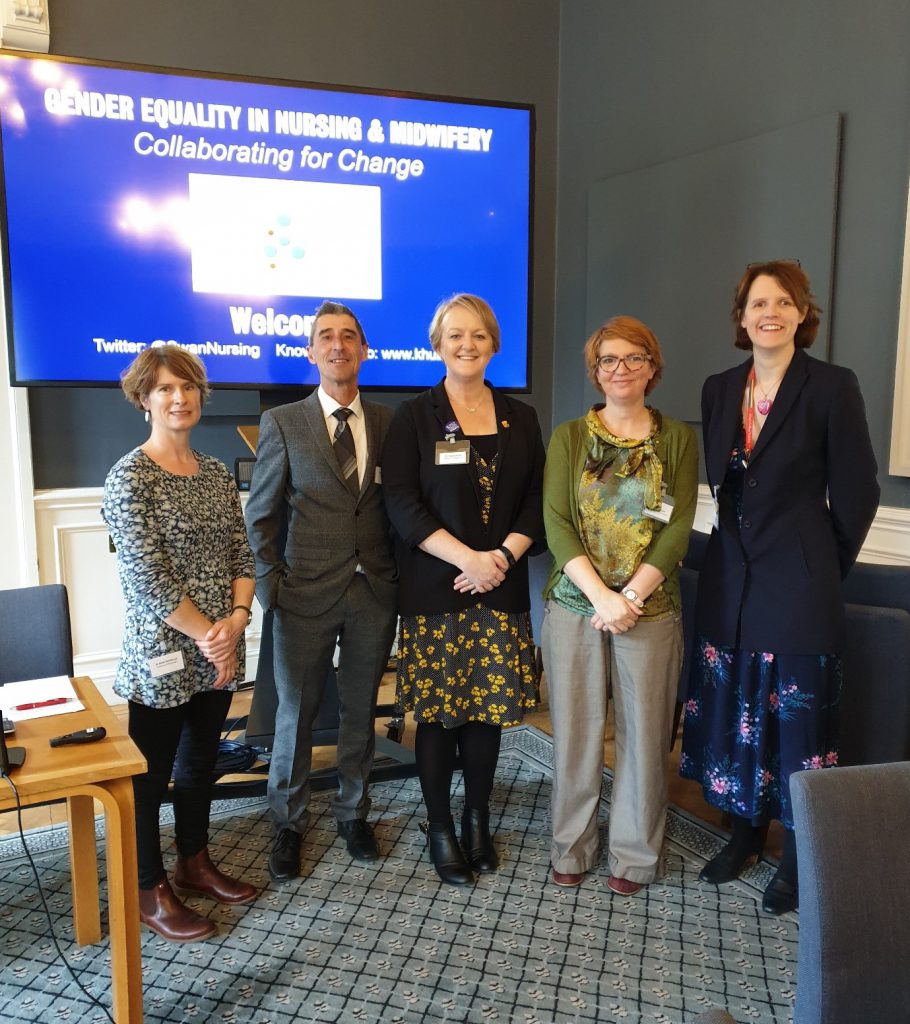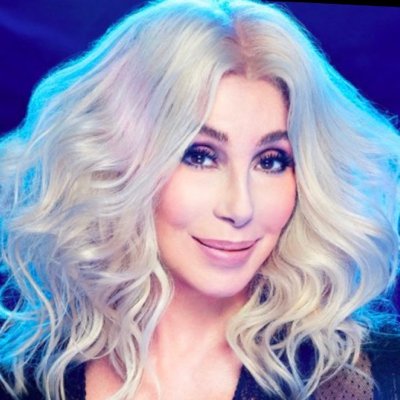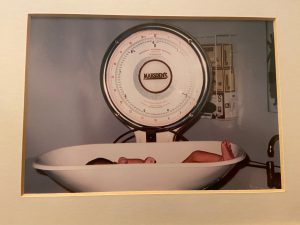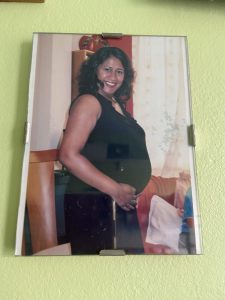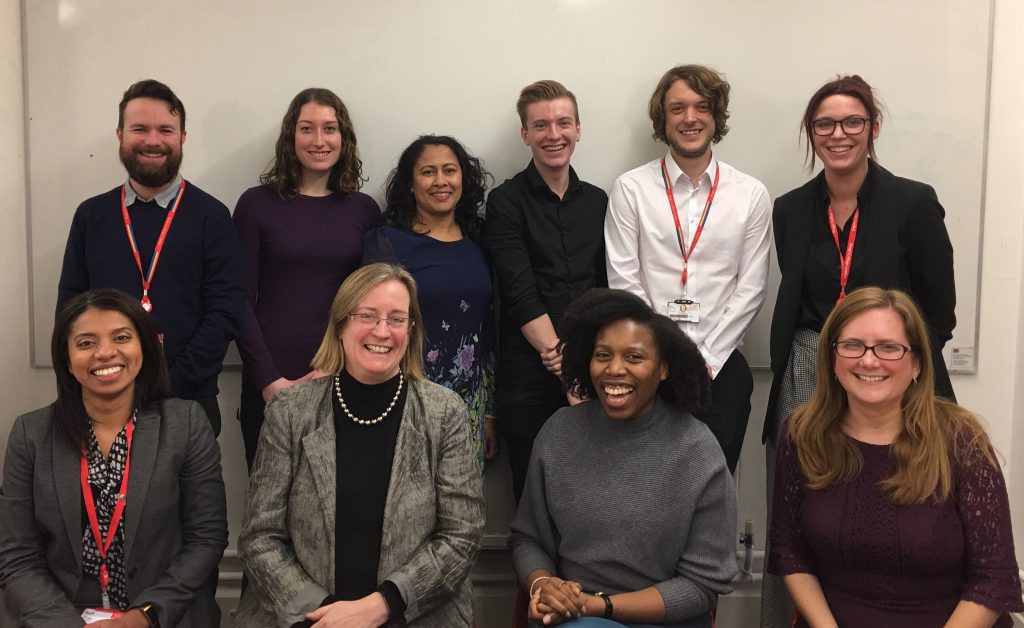I’m a woman of varied interests and responsibilities – including being a TV addict and a mother. Nothing gives me more pleasure than to find a way of combining these particular facets of my being.
Over the last few years, my daughters Kaela and Lyra and I have tackled (by which I mean seriously binge-watched) various TV series including; Once Upon a Time (preposterous, fun and heartfelt), Pretty Little Liars (initially intriguing, ultimately vacuous) and Gilmore Girls (a perfect mother-daughter watch). At some point in the last year Kaela urged me to watch Jane the Virgin, which she loved. With so many seasons, I was unconvinced. I dragged my way through a few episodes, and with Kaela’s lobbying I persisted. Oh my word, how glad am I that I did?
JTV, an adaptation of a Venezuelan telenovela, follows a teenage Latina girl, Jane, who is accidentally impregnated via artificial insemination. The plot thickens when she falls for the super-gorgeous, wealthy, biological father. There is a hilarious ‘Latin-lover’ narrator who constantly reminds the audience “Just like a telenovela, right?”, bringing the genre right into the American/UK millennial milieu, hashtags and all.
The show is the ultimate cultural crossover, not just of this very popular Latin American artform, with arch villains and love triangles, but also as it touches on genres that traditionally tell women’s stories; the soap, the rom-com, the romance novel and reality television. The nature of the show provides so many televisual devices that it may be dismissed by some (as it was initially by me) as idiotic nonsense.
Jane is a massive Isabel Allende fan (she makes the odd cameo appearance too) and my title today ‘you can tell the deepest truths with the lies of fiction’ perfectly captures the heart of JTV. It is one of the most feminist and meaningful shows I have ever watched (and I have watched A LOT!). It tells the individual and interlinked stories of three generations of Latina women, their relationship with religion, age and gender roles. The show explores the nature of relationships and love in all its forms, the value that society and individuals place on virginity, as well as the difference between sex, love and meaningful relationships. As a mother of four daughters, two currently in their teens, it has been a great vehicle for conversation – both serious and silly.
Telenovelas have a long tradition as transmitters of social messages; in Mexico, the government used hit shows to advocate for family planning. JTV examined Latino immigration, undocumented workers, and took a deep dive on topics like on women’s health, breast feeding, breast cancer, abortion and even orgasms.
One of the truly ground-breaking things , was that a substantial part of the dialogue took place in Spanish. Rather than erasing the protagonist’s culture or pandering to English speaking audiences, it normalises and celebrates Latina culture. And here (as the narrator might say) is the link; in late November, I attended a King’s event that for the first time ever, took the same approach. The launch of the report Representation, engagement and participation: Latinx students in higher education, where all the content was provided in three languages.
Latinx is a gender-neutral term for people of Latin American descent. Latinx includes Spanish or Portuguese first language speakers from the Central and South American geographical regions.
The report looks at how, despite high levels of education and employment, the Latinx community in England is overrepresented in low-paid and low-skilled jobs. It explores the barriers to HE access and outcomes for Latinx students in the UK and tries to identify what challenges Latinx young people and their families face in UK education:
- Lack of knowledge of the UK education system, which can hinder Latinx pupils’ access to school places and limit parents’ ability to provide support
- Lack of awareness of how citizenship status affects eligibility for funding such as student loans, or liability for increased student fees
- Young people acting as ‘linguistic brokers’ facilitating interaction between parents and their school
- Reliance on community-based support networks, which is more difficult where networks are weak
- The school admissions system’s slow pace and reluctance to admit pupils who speak English as an additional language, which can ‘lock’ Latinx young people out
Drawn up in collaboration with students, teachers, community representatives and academics, the report presents six recommendations for driving positive change:
- Support Latinx pupils to secure and declare their citizenship status;
- Address language barriers;
- Go beyond access: HEIs should involve students in this support, providing resources and logistical support for peer mentoring between existing students and new, or prospective students, both on- and off-campus;
- Work with key community brokers to establish strong, long-term partnerships between HEIs and Latinx groups;
- Call on the ONS and UCAS to officially recognise Latinx students;
- Ensure Latinx people are visible in a variety of roles within HE: This will help to demonstrate the many, key roles Latinx people play in the day-to-day life of higher education in the UK.
This event (which you can read more about here) really underlined for me one of JTV’s key messages around language and inclusivity. A casual glance would mean missing how JTV is provocative and challenging television – forcing us to think about our norms about women and representation. It can be no coincidence that my daughter and I, both with Venezuelan heritage and brown skin, found a home with Jane and her family. We can see ourselves in them. When I finished the final (sixth) season, I was distraught and especially so while watching the penultimate episode, which presented the cast reflecting on the show, its originality and its achievements. I felt like I was losing some of my best friends.
So, in closing, whatever kind of TV floats your boat, it’s worth taking a moment to think about how TV as a medium can challenge what you think, or work to reinforce old stereotypes. And with that I bid you adios.
